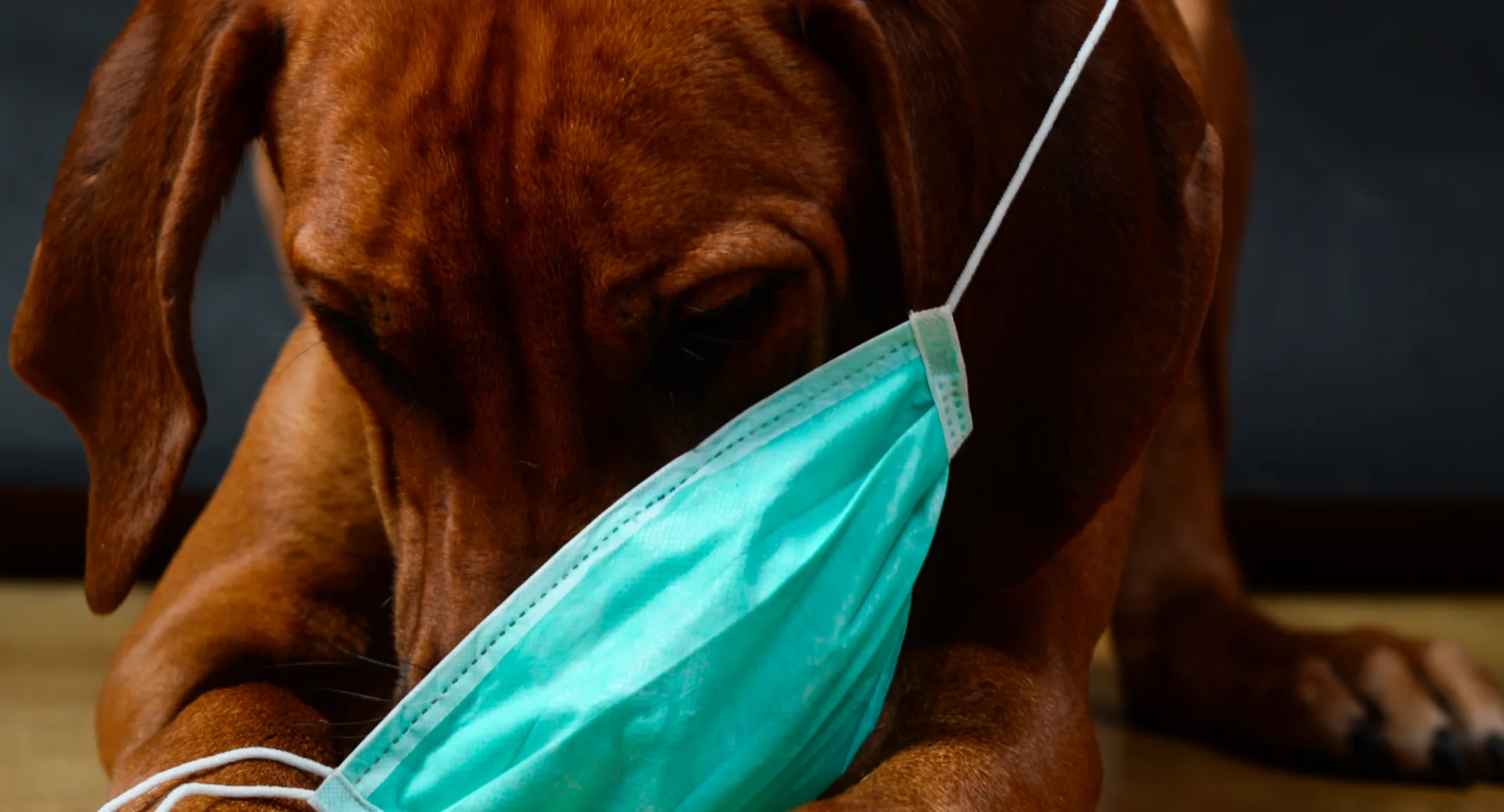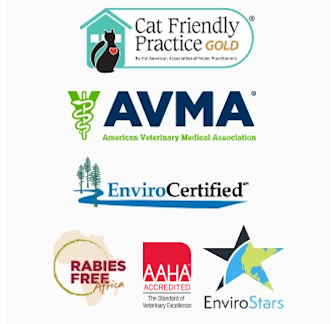Until the appearance of SARS-Cov-2, which belongs to the beta-coronaviruses, there were only six known coronaviruses capable of infecting humans and causing respiratory disease, including the severe acute respiratory syndrome coronavirus SARS-CoV (identified in 2002/2003) and Middle East respiratory syndrome coronavirus MERS-CoV (identified in 2012). SARS-Cov-2 is genetically more related to SARS-CoV than MERS-CoV, but both are beta-coronaviruses with their origins in bats. While it is not known whether COVID-19 will behave the same way as SARS and MERS, the information from both of these earlier coronaviruses can inform recommendations concerning COVID-19.
In the last few weeks, rapid progress had been made in the identification of viral etiology, isolation of infectious virus and the development of diagnostic tools. However, there are still many important questions that remain to be answered.
The most up-to-date information and advice on human infection can be found on the following websites:
The most up-to-date information related to animal health can be found on the following website:
UPDATED AS OF MARCH 7TH, 2020
In response to this outbreak, the World Small Animal Veterinary Association [WSAVA] Scientific and One Health Committees have prepared the following list of frequently asked questions in collaboration with One Health interested individuals around the globe. We are aware of issues related to pet abandonment in China and hope that this information will be of use to veterinarians around the world in dealing with the concerns of their clients.
Can COVID-19 infect pets?
Currently there is no evidence that companion animals can be infected with or spread COVID-19. This is a rapidly evolving situation and information will be updated as it becomes available.
Should I avoid contact with pets or other animals if I am sick with COVID-19?
The CDC recommends the following: “You should restrict contact with pets and other animals while you are sick with COVID-19, just like you would around other people. Although there have not been reports of pets or other animals becoming sick with COVID-19, it is still recommended that people sick with COVID-19 limit contact with animals until more information is known about the virus. When possible, have another member of your household care for your animals while you are sick. If you are sick with COVID-19, avoid contact with your pet, including petting, snuggling, being kissed or licked, and sharing food. If you must care for your pet or be around animals while you are sick, wash your hands before and after you interact with pets and wear a facemask.” Please check for new updates on CDC’s website.
If my pet has been in contact with someone who is sick from COVID-19, can it spread the disease to other people?
While we do not yet know for sure, there is no evidence that companion animals can be infected with or spread SARS-Cov-2. We also do not know if they could get sick from this new coronavirus. Additionally, there is currently no evidence that companion animals could be a source of infection to people. This is a rapidly evolving situation and information will be updated as it becomes available.
What should I do if my pet develops an unexplained illness and was around a person with documented COVID-19 infection?
We don’t yet know if companion animals can get infected by SARS-Cov-2 or sick with COVID-19. If your pet develops an unexplained illness and has been exposed to a person infected with COVID-19, talk to the public health official working with the person infected with COVID-19. If your area has a public health veterinarian, the public health official will consult with them or another appropriate official. If the state public health veterinarian, or other public health official, advises you to take your pet to a veterinary clinic, call your veterinary clinic before you go to let them know that you are bringing a sick pet that has been exposed to a person infected with COVID-19. This will allow the clinic time to prepare an isolation area. Do not take the animal to a veterinary clinic unless you are instructed to do so by a public health official.
What are the concerns regarding pets that have been in contact with people infected with this virus?
While COVID-19 seems to have emerged from an animal source, it is now spreading from person-to-person. Person-to-person spread is thought to occur mainly via respiratory droplets produced when an infected person coughs or sneezes. At this time, it’s unclear how easily or sustainably this virus is spreading between people. Learn what is known about the spread of newly emerged coronaviruses. Importantly, there is no evidence that companion animals including pets such as dogs and cats, can become infected with COVID-19.
Although there is no evidence that pets play a role in the epidemiology of COVID-19, strict hand hygiene should be maintained by the entire clinical team throughout the veterinary interaction, especially if dealing with an animal that has been in contact with an infected person.
What should be done with pets in areas where the virus is active?
Currently there is no evidence that pets can be infected with this new coronavirus. Although there have not been reports of pets or other animals becoming sick with COVID-19, until we know more, pet owners should avoid contact with animals they are unfamiliar with and always wash their hands before and after they interact with animals. If owners are sick with COVID-19, they should avoid contact with animals in their household, including petting, snuggling, being kissed or licked, and sharing food. If they need to care for their pet or be around animals while they are sick, they should wash their hands before and after they interact with them and wear a facemask.
This is a rapidly evolving situation and information will be updated as it becomes available.
Should veterinarians start to vaccinate dogs against canine coronavirus because of the risk of SARS-Cov-2?
The canine coronavirus vaccines available in some global markets are intended to protect against enteric coronavirus infection and are NOT licensed for protection against respiratory infections. Veterinarians should NOT use such vaccines in the face of the current outbreak thinking that there may be some form of cross-protection against COVID-19. There is absolutely no evidence that vaccinating dogs with commercially available vaccines will provide cross-protection against the infection by COVID-19, since the enteric and respiratory viruses are distinctly different variants of coronavirus. No vaccines are currently available in any market for respiratory coronavirus infection in the dog. [Information from the WSAVA Vaccination Guidelines Group].
What is the WSAVA’s response to reports that a dog has been ‘infected’ with COVID-19 in Hong Kong?
Reports from Hong Kong on February 28 indicated that the pet dog of an infected patient had tested “weakly positive” to COVID-19 after routine testing. On March 5, the Hong Kong SAR Agriculture, Fisheries and Conservation Department (AFCD) reported that nasal, oral, rectal and fecal samples from the dog have been tested. On February 26 and 28, oral and nasal swabs were positive, while on March 2, only nasal swabs showed positive results. The rectal and fecal samples tested negative on all three occasions. Testing at both the government veterinary laboratory (AFCD) and the WHO accredited diagnostic human CoV laboratory at Hong Kong University (HKU) detected a low viral load in the nasal and oral swabs. Both laboratories used the real-time reverse transcriptase-polymerase chain reaction (RT-PCR) method and the results indicate that there was a small quantity of COVID-19 viral RNA in the samples. It does not, however, indicate whether the samples contain intact virus particles which are infectious, or just fragments of the RNA, which are not contagious.
The dog, which is showing no relevant clinical signs, was removed from the household, which was the possible source of contamination on 26 February. Retesting was performed after the dog was put under quarantine to determine whether the dog was in fact infected or whether its mouth and nose were being contaminated with COVID-19 virus from the household.
The AFCD’s document states that the “weak positive” result from the nasal sample taken 5 days after the dog was removed from the possible source of contamination suggests that the dog has a low-level of infection and it is likely to be a case of human-to-animal transmission. However, there is still no evidence at this time that mammalian pet animals including dogs and cats can be a source of infection to other animals or humans.
WSAVA urges pet owners in areas where there are known human cases of COVID-19 to continue to follow the information in its Advisory, including washing their hands when interacting with their pets and, if sick, wearing face masks around them. The situation is rapidly evolving, and information will be updated as it becomes available.
We will update our Guidance as further information becomes available.
Note: WSAVA recognizes that not all recommendations will apply to all areas or all regions at all times, depending on the epidemiological risk and risk mitigation in the area. WSAVA encourages veterinarians to keep in close contact with, and follow the directions of, their local veterinary authority.
If you are worried about the health of your pet please contact us: (509) 448-4480, or Click to schedule an appointment.


